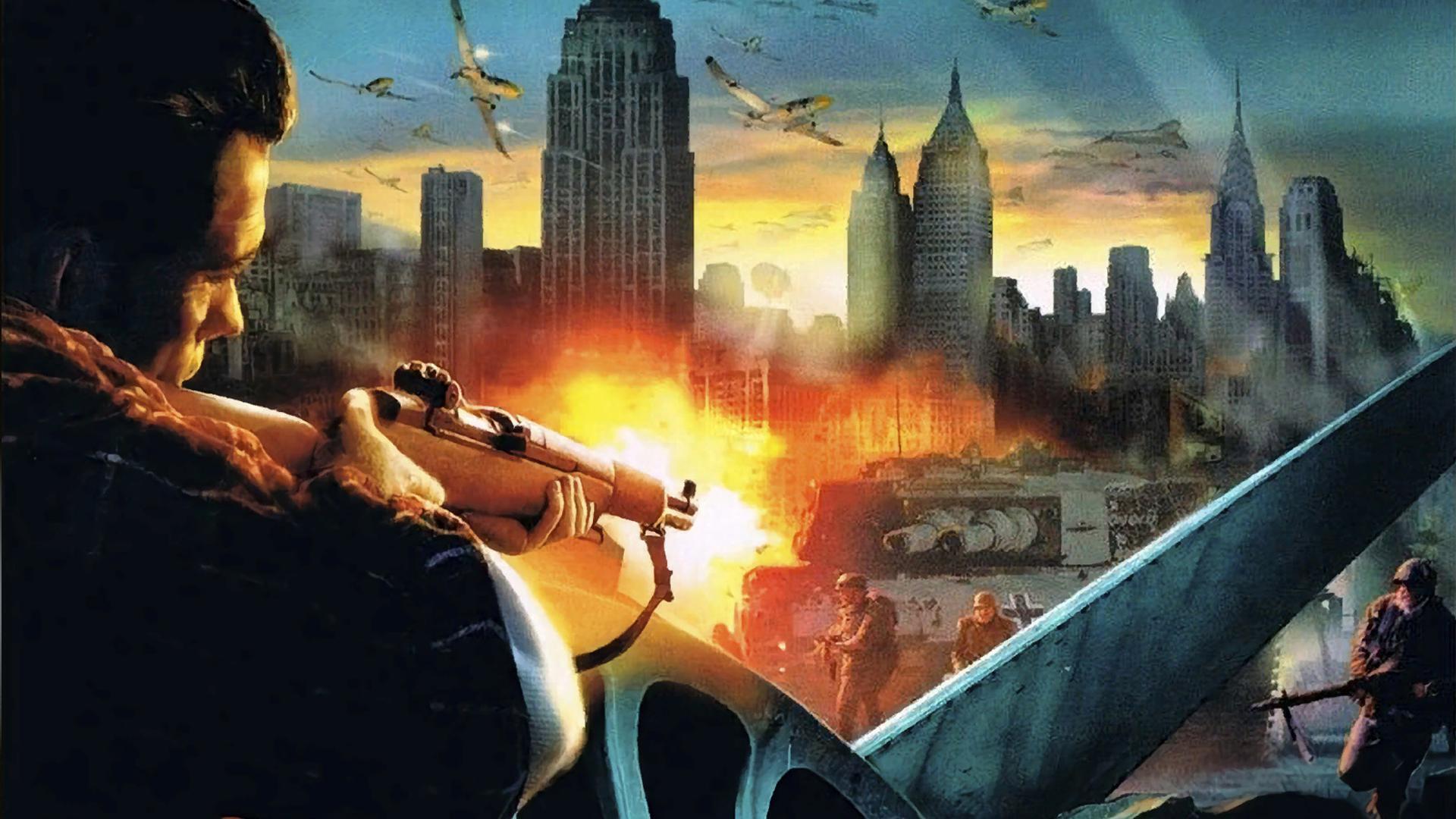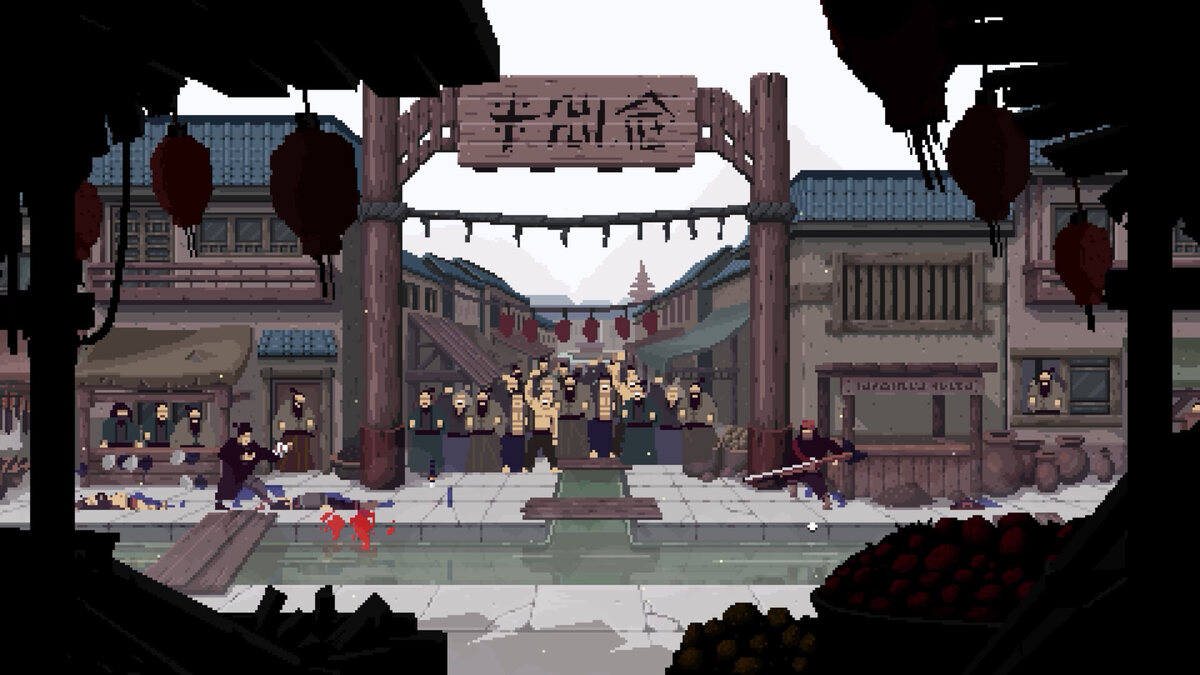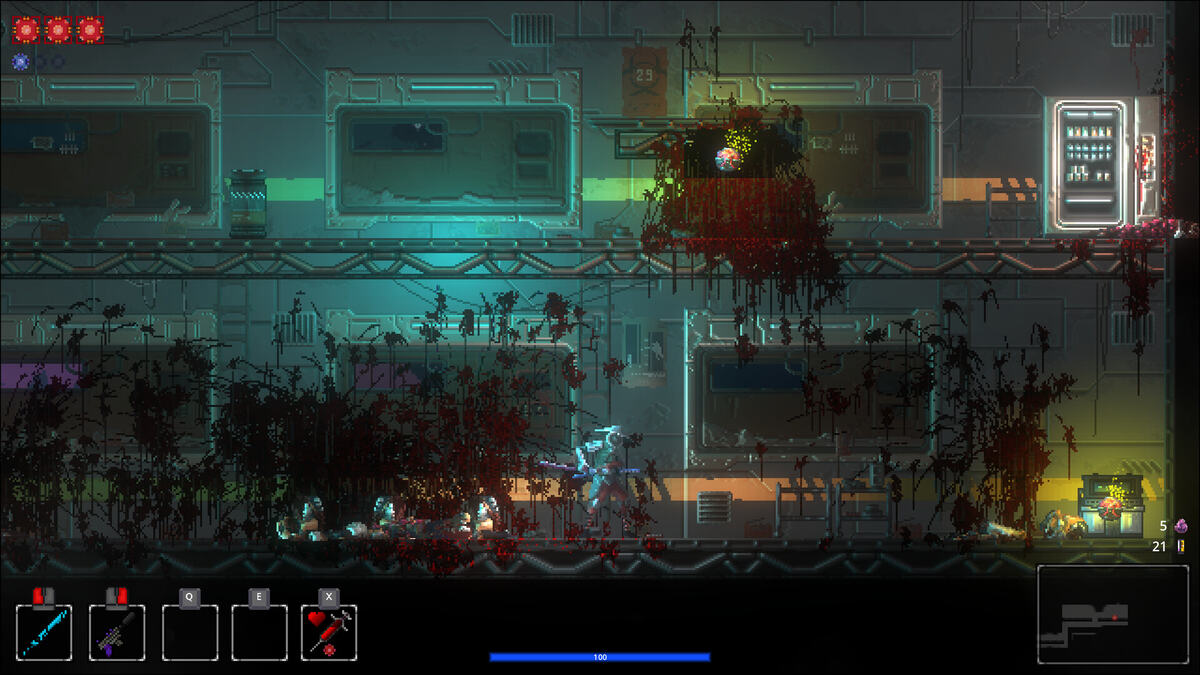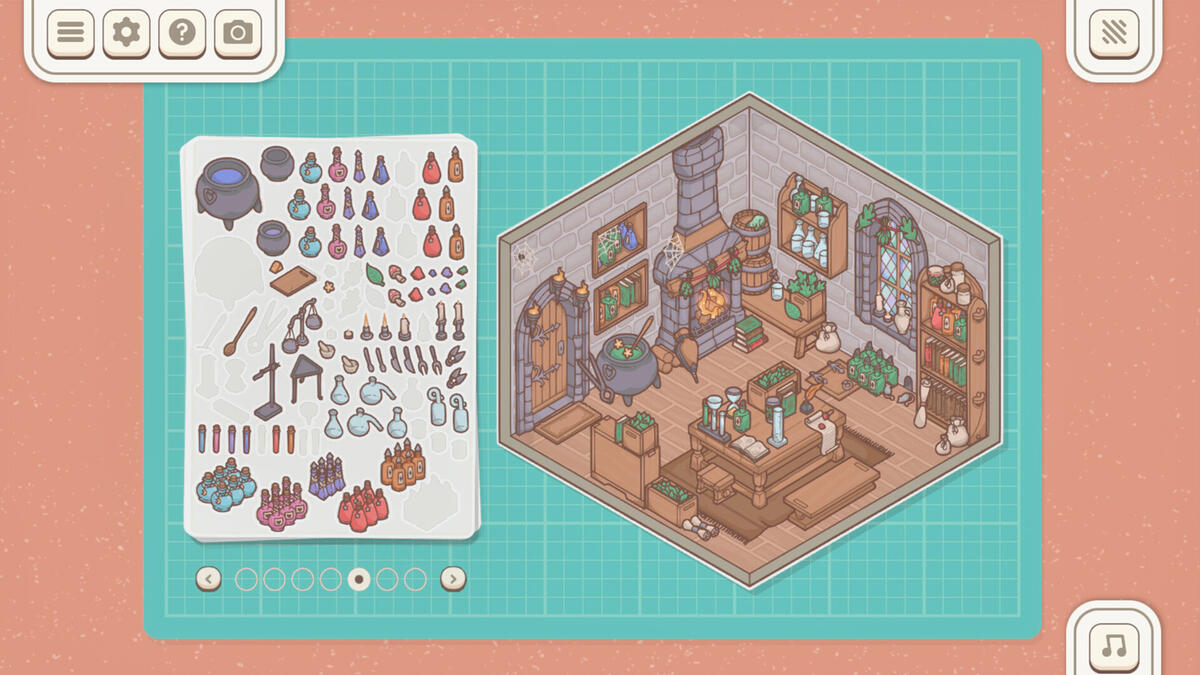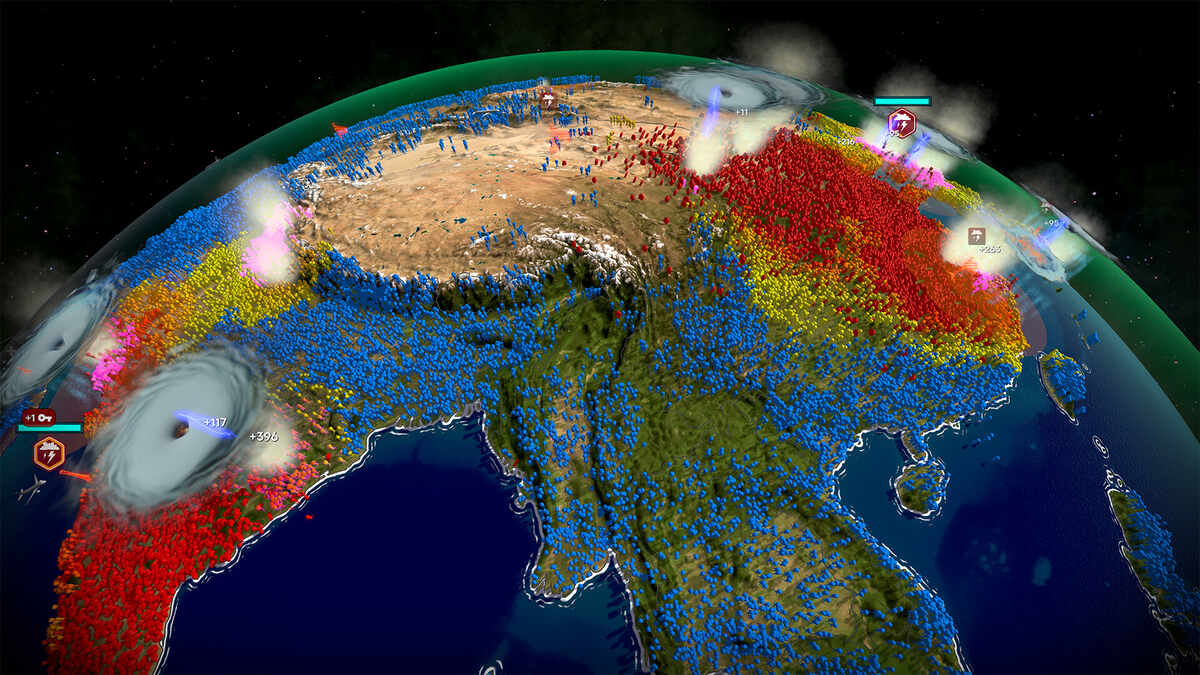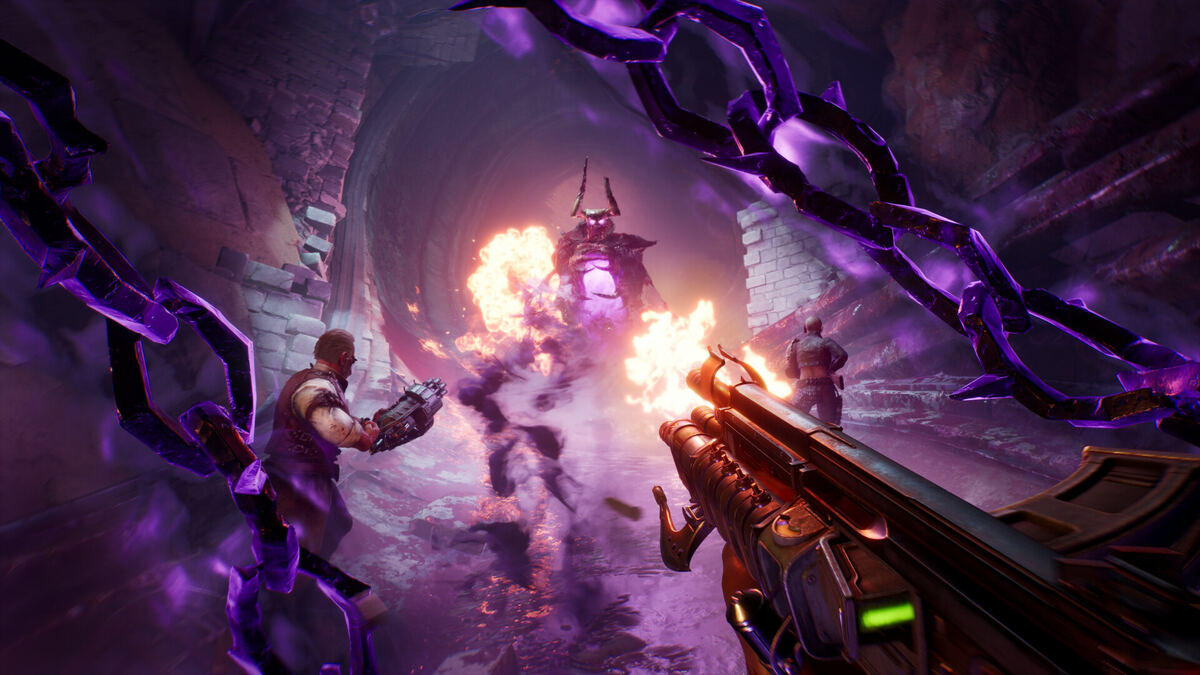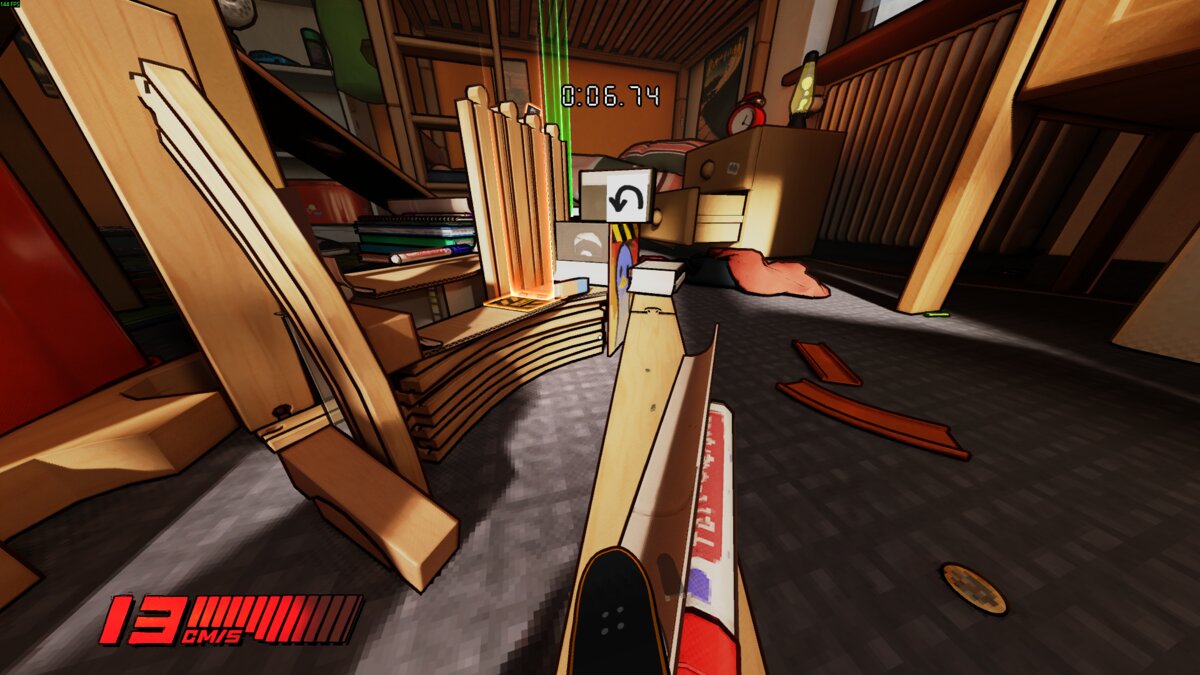You can trust VideoGamer. Our team of gaming experts spend hours testing and reviewing the latest games, to ensure you're reading the most comprehensive guide possible. Rest assured, all imagery and advice is unique and original. Check out how we test and review games here
Deep in Winston Churchill’s underground wartime command centre, surrounded by hulking machines that are some of the games console’s earliest relatives, I sat down with Turning Point developer Spark Unlimited’s CEO Craig Allen, and Codemasters’ David Bickley, who spent some time talking over their current project.
Pro-G: Hi guys. There is a certain historical accuracy to Turning Point’s alternate universe, at least in terms of the machines of destruction the game features. Could you enlighten us a little on how you arrived at this alternate reality?
Craig: You know. Our team likes to do a lot of research, and with their experience working on the Medal of Honor franchise and Call of Duty: Finest Hour, certainly through that underpinning of knowing authentic WWII history, personalities and events, and bringing them to life as dramatic showcases, you find all this other stuff you can’t necessarily use. Once you know history and have all that extra content, the next logical step is to say ‘well, what if history had taken a small step in a different direction?’ or ‘what if from one small event went a different way, where would that have lead?’. So what we’ve tried to do is not create a fantasy reality where Nazis suddenly have alien space technology and lasers or something like that, but really try to say, ‘if they hadn’t been interrupted by America and the D-Day events, where would that have gotten them ten years on?’. That’s really what we are trying to put together. A lot of it is based on what they would have realistically had access to.
Pro-G: So do you think Turning might open up the WWII FPS to a new kind of fan?
Craig: I certainly hope so. With WWII there are certainly really deep, passionate enthusiasts; people who like the history. But you can have experiences in WWII that are exciting, adventurous or action driven, and that helps to broaden you from that core of the WWII enthusiasts, into more of a mass market, and certainly Call of Duty and Medal of Honor seek to do that. With our current game we’re trying to broaden it in another level, where, yes, you have the authenticity, and then the whole twist on reality aspect. It opens the door to an even wider market, who might have never bought a WWII game, that might see the Nazi invasion of America, and say ‘whoa. I want to fight back and try to stop those guys from taking the Whitehouse’.
Pro-G: The image of a Swastika festooned Whitehouse is a powerful one. How have people reacted to the game’s promotional shots?
Craig: Oh! There’s some really powerful concept art. We have a guy doing it called Matt Hall who is just phenomenal, and he does such a great job of capturing the essence and emotion of out idea. The first two pieces of concept art we did were D-Day America, the moment that they attack New York without warning, and one with the Whitehouse draped with the Nazi banners and the marching soldiers in front. The emotional shock of seeing the Whitehouse draped with that kind of banner and that kind of atmosphere really got a visceral reaction, where people went ‘I want to get in their and fight’, and that is something that we wanted to explore with our product.
Pro-G: So are English gamers going to have to wait a while before they see anything to rile them in the same way?
Craig: So far we have this one shot of Trafalgar Square, and there’s certainly imagery of Tower Bridge coming, so I think we do a pretty good job of giving the English folks something to get excited about. I mean… David?
David: Obviously in terms of the narrative, what happens when you get to England, towards the end of the game, is that it is an occupied country in the same way Washington has become one. By that time we expect the player, whether they’re English, French, German even, to have made a connection with the character as well as the landmarks. Setting it somewhere like London means that it’s recognisable all over the world.
Pro-G: So what stops it being nothing more than another WWII FPS with a slightly different aesthetic?
Craig: Again, with most of the FPS games your interaction with the world is at the end of a gun, where everything is action at a distance. With Turning Point it is really about the war becoming personal. It’s about you having to be involved without military training, and having to fight for your survival and what you believe in with you bare hands. Having a first-person and third-person camera, and really making grapple not just a gimmick, but something that deepens that connection with your environment, and your world, and the role you have in that world, is something that I think makes it a really unique experience. Whether it is using the human shield or grappling people, or throwing people off of bridges or into walls, and having the opportunity to see your character navigating their environment, I think deepens the narrative, thematic experience, that we feel is going to be more powerful than what people are used to seeing.
Pro-G: So when can we get our hands on the game? Any more specifics?
David: Still just ‘towards the end of the year’ I’m afraid.
Pro-G. Excellent. Thank you very much guys.
Turning Point: Fall of Liberty
- Platform(s): PC, PlayStation 3, Xbox 360
- Genre(s): Action, First Person, Shooter
/https://oimg.videogamer.com/images/0029/fall_of_liberty_9.jpg)
/https://oimg.videogamer.com/images/6c48/fall_of_liberty_6.jpg)
